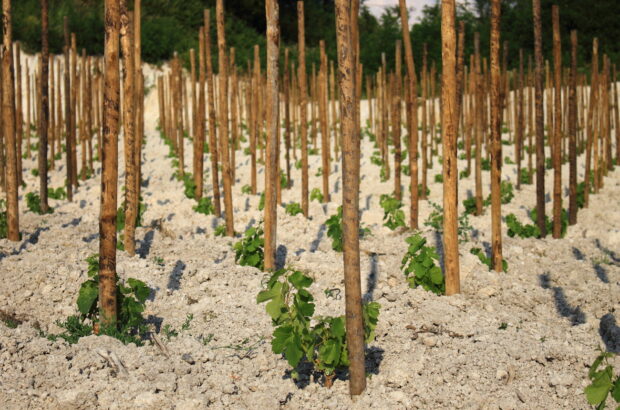The study was designed to quantify the socioeconomic and environmental impact of the wine industry within the European Union (EU).
Researchers at PricewaterhouseCoopers (PwC) determined that the wine trade represents 1.4% of total EU employment, playing a particularly crucial role in rural areas.
Wine also accounted for 0.8% of the bloc’s total GDP in 2022, contributing €130bn to the European economy.
Europe accounts for 62% of global wine production and trade.
Exports hit €17.9bn in 2022 and led to a positive trade balance of €15.9bn, as wine played a crucial role in reducing the EU trade deficit by 3.7%.
‘The wine sector plays a fundamental role in the socioeconomic sustainability of rural areas of the EU,’ said Mauricio González-Gordon, president of the European Committee of Wine Companies (CEEV), which commissioned the report.
Wine is a major driver of tourism, which generates almost €15bn in annual revenue and serves as an economic catalyst in rural regions.
González-Gordon called the wine trade ‘a blessing against rural depopulation’.
He added: ‘Furthermore, its complex supply chain generates almost the same market value at all stages of production – from grape cultivation to winemaking and subsequent commercialisation – which represents an example of a balanced value system, which must be preserved politically.’
The study found that wine trade employees are more productive than their counterparts in other industries. The value added per employee is 90% above average in agriculture, 16% greater in manufacturing and 5% higher in commercial jobs, according to PwC.
The report also hailed the positive impact of vineyards in terms of environmental sustainability. There are more than 3.2 million hectares under vine in the EU, and the report argues that they increase biodiversity, limit soil erosion, improve water management and offer fire protection.
‘The overall balance of wine for EU society is impressive and clearly positive,’ said CEEV secretary general Ignacio Sánchez Recarte.
‘But this success story remains delicate and needs to be supported by further adapting the complex legal framework that applies to wine, while preserving wine culture against those attacks that attempt to demonise it. Harming EU wine is damaging EU culture, EU society and the EU economy.’






